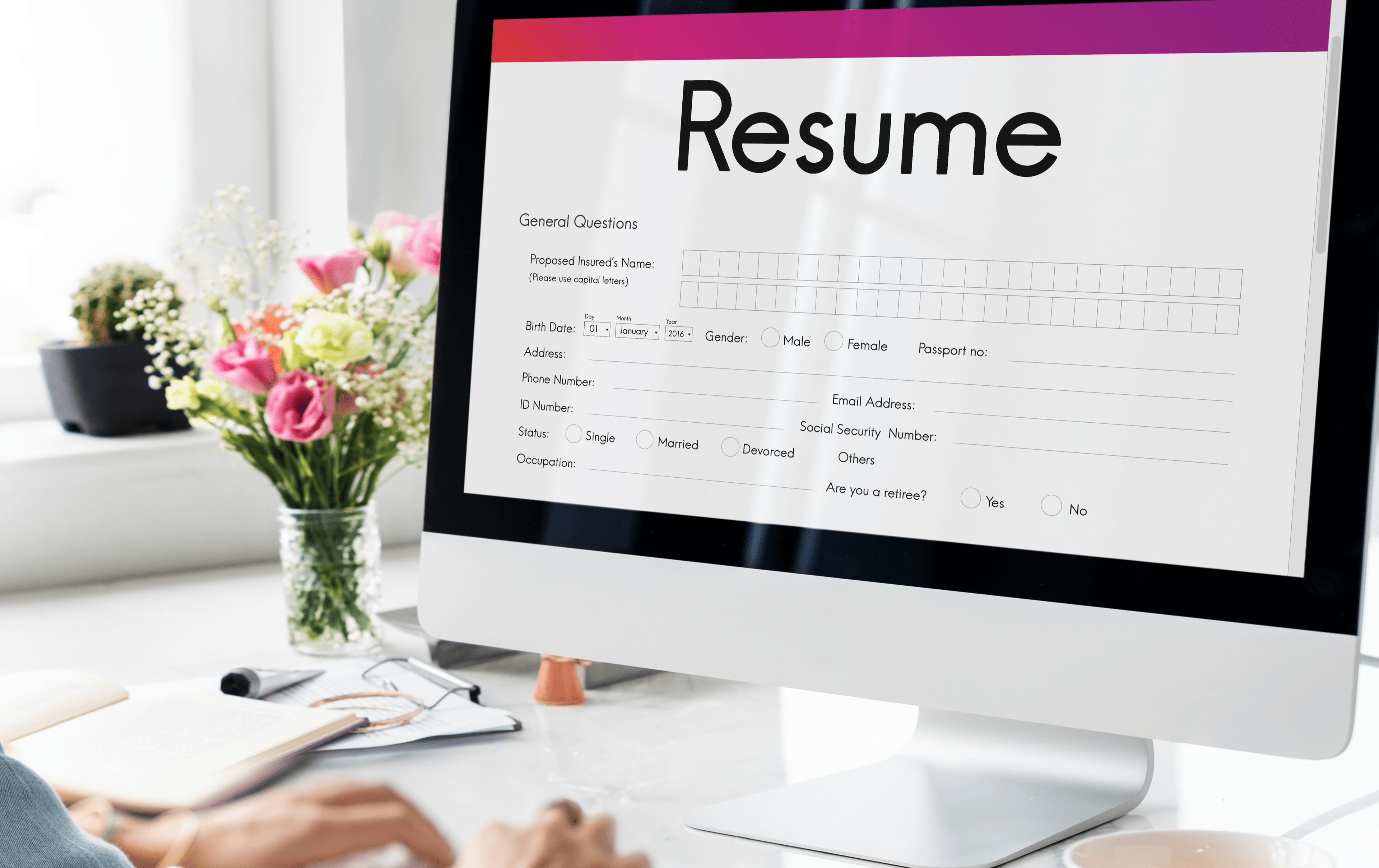Posted on February 11, 2025
Resume & Portfolio
Tags:

A resume is an essential tool for introducing yourself when applying for a job. If you want to create a great first impression on HR, having a well-structured and compelling resume is key. A strong resume can increase your chances of moving forward to the interview stage. In this article, we’ll explore what a resume is, why it’s important, what information it should include, and how to craft one that immediately catches HR’s attention.
A resume (pronounced "rez-oo-may") is a crucial document that job applicants submit to HR or employers as part of their job application. The primary purpose of a resume is to present and summarize personal and professional details in a structured format. A resume typically includes work experience, achievements, career goals, education history, skills, personal information, and a profile picture. Essentially, your resume acts as the first impression that an employer gets of you.
A well-written resume can make a candidate stand out and increase their chances of getting an interview. It should be clear, concise, and focused on key points that are relevant to the job applied for.
A resume creates the first impression between you and a potential employer. It is a critical step in the hiring process. Here’s why resumes matter:
✔ Full Name: Make sure your name is spelled correctly and clearly.
✔ Contact Information: Email, phone number, and current address.
✔ Job Title: The position you are applying for.
✔ Work Experience: List previous job roles, responsibilities, and achievements.
✔ Education Background: Mention your degrees, certifications, and relevant coursework.
✔ Training & Awards: Highlight any additional courses, workshops, or honors.
✔ Language Proficiency: Instead of using bar indicators, describe your proficiency levels (e.g., Fluent, Intermediate, Basic).
✔ Technical & Computer Skills: Include relevant skills related to the job.
✔ Profile Picture: A professional photo is recommended.
✅ Colors: If you’re applying to a conservative or well-established company, keep colors minimal or stick to black and white. If applying for creative roles (e.g., graphic design, marketing), you can use more visually appealing designs.
✅ Font Choice: Use standard, easily readable fonts that are available on most computers to avoid formatting issues (e.g., Calibri, Arial, Times New Roman, Roboto, Helvetica, Verdana, Trebuchet MS, TH Sarabun New).
✅ Font Size: Your resume should be in A4 size and ideally fit on one page.
✅ Language: English resumes are now a must, as English proficiency is essential for most job roles.
✅ File Name & Format: Save your resume as a PDF with your full name (e.g., "John_Doe_Resume.pdf"). Avoid formats like .docx, .jpg, or .png.
AI-powered resume-building tools are becoming increasingly popular as they help improve resume formatting, optimize keyword placement for Applicant Tracking Systems (ATS), and correct grammar errors to ensure professionalism. AI can also provide suggestions to make your resume more appealing to recruiters. With advanced AI tools, you can create a polished, job-ready resume quickly and efficiently.
Creating a standout resume is just the first step in your job search. If you’re submitting resumes but not receiving responses or are unsure where to find job openings, check out Jobcadu! We offer a vast collection of quality job opportunities to help you land your dream job.